Professional septic tank pumping services in Asharoken prevent backups and extend the life of your system.
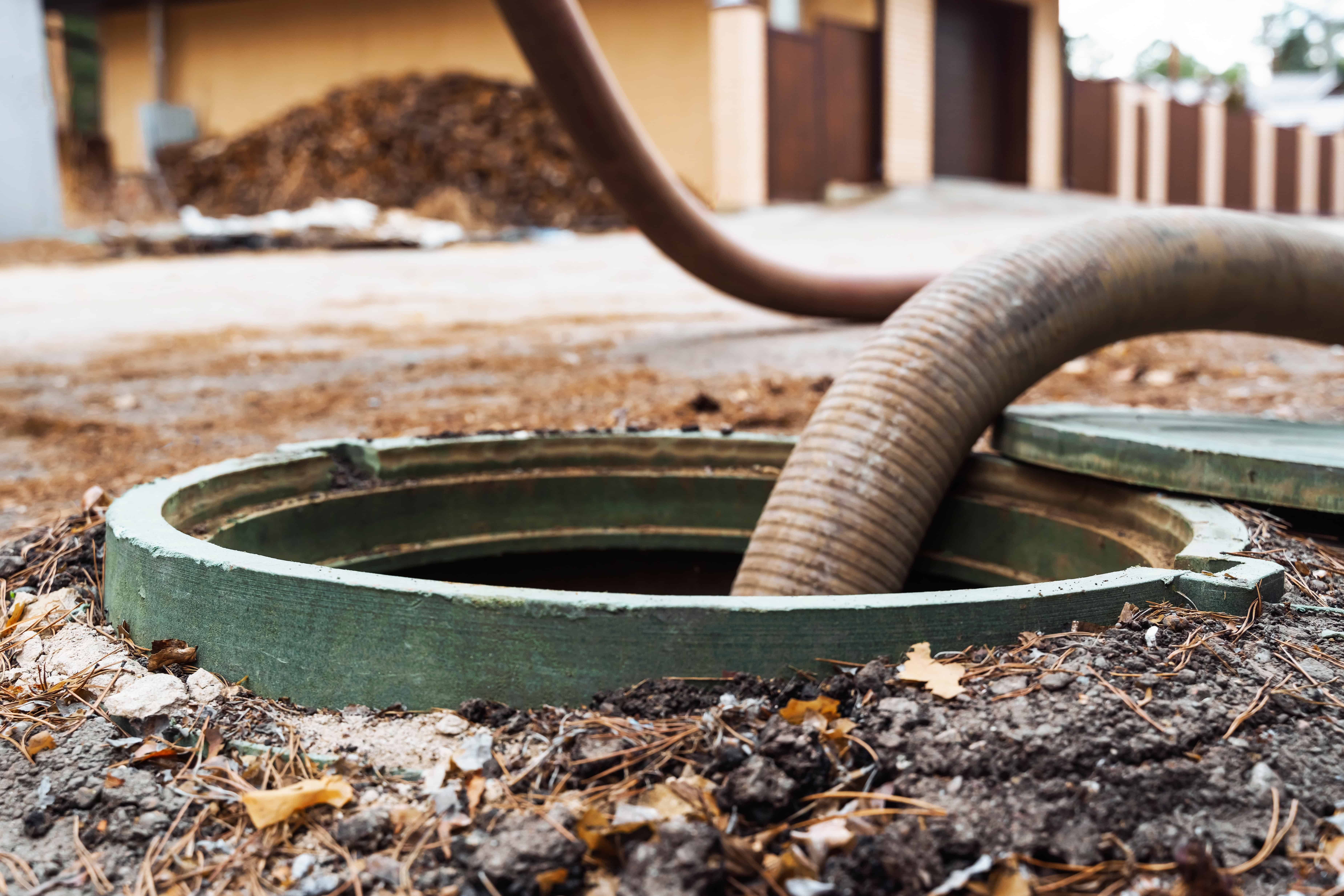
Hear from Our Customers
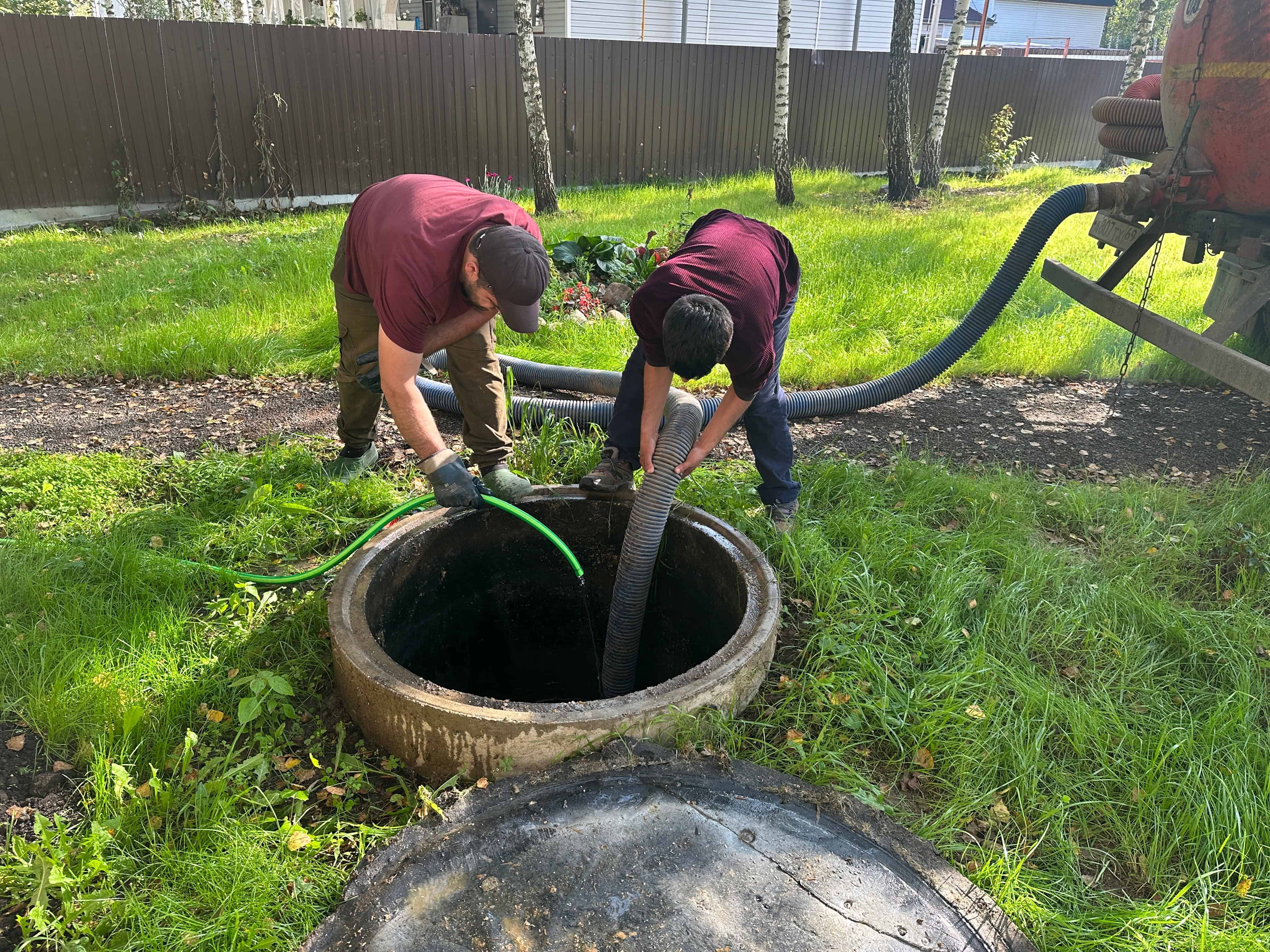
Your septic system works quietly in the background until it doesn’t. When you stay on top of regular pumping, you avoid the nightmare scenarios that keep homeowners up at night.
No more worrying about sewage backing up into your home during a dinner party. You won’t have to make costly emergency calls to plumbers on weekends. Your system runs efficiently, your property stays protected, and you sleep better knowing everything’s handled.
Regular septic pumping also means your system lasts longer. Instead of facing a $15,000 replacement bill in ten years, proper maintenance can extend your system’s life by decades. You’re not just paying for a service—you’re investing in years of reliable performance and peace of mind.
We’ve been serving Asharoken and the surrounding Long Island communities for years. We understand the unique challenges of septic systems in this area—from the soil conditions to local regulations.
When you call Quality Cesspool, you’re working with professionals who know what they’re doing. We arrive punctually, provide clear explanations about your system’s condition, and execute the task efficiently without compromising quality.
Our team is properly licensed and insured, so you don’t have to worry about liability issues or subpar work. We’ve built our reputation by doing the job right the first time and treating every property with respect.
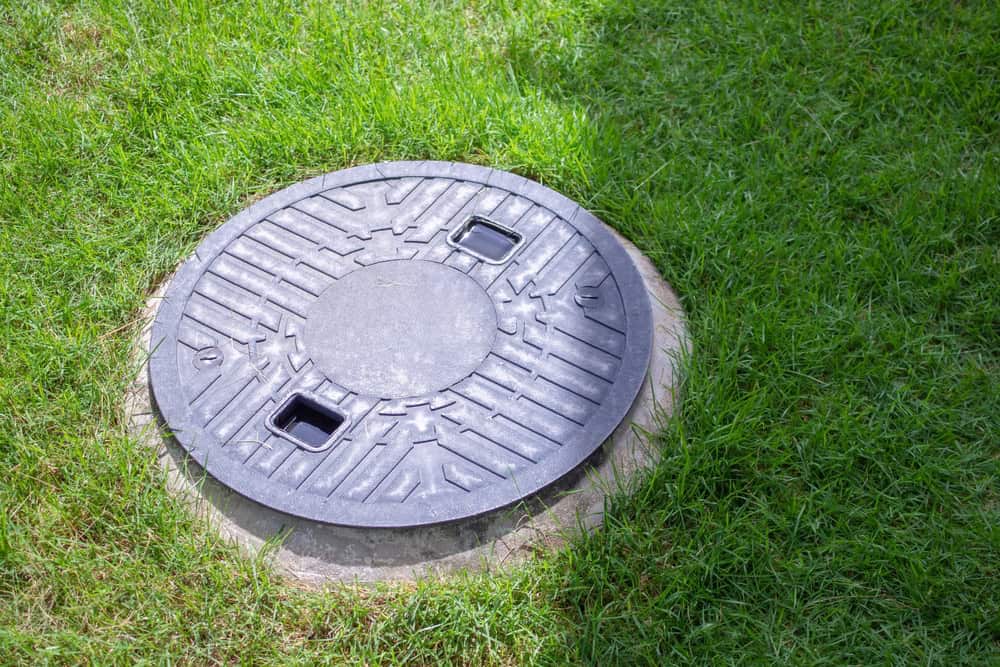
First, our team locates and uncovers your septic tank access points. We inspect the tank condition and measure sludge levels to determine exactly how much pumping is needed.
Next, we use professional-grade vacuum equipment to remove all accumulated solids and liquids from your tank. This isn’t a quick suction job—we thoroughly clean all compartments to ensure your system can function properly.
During the process, we inspect your tank for any signs of damage or wear that could cause problems down the road. After pumping, we provide you with a clear explanation of your system’s condition and recommendations for future maintenance. The entire process typically takes 1-2 hours, and you’ll have a fully functional septic system ready to handle your household’s needs.
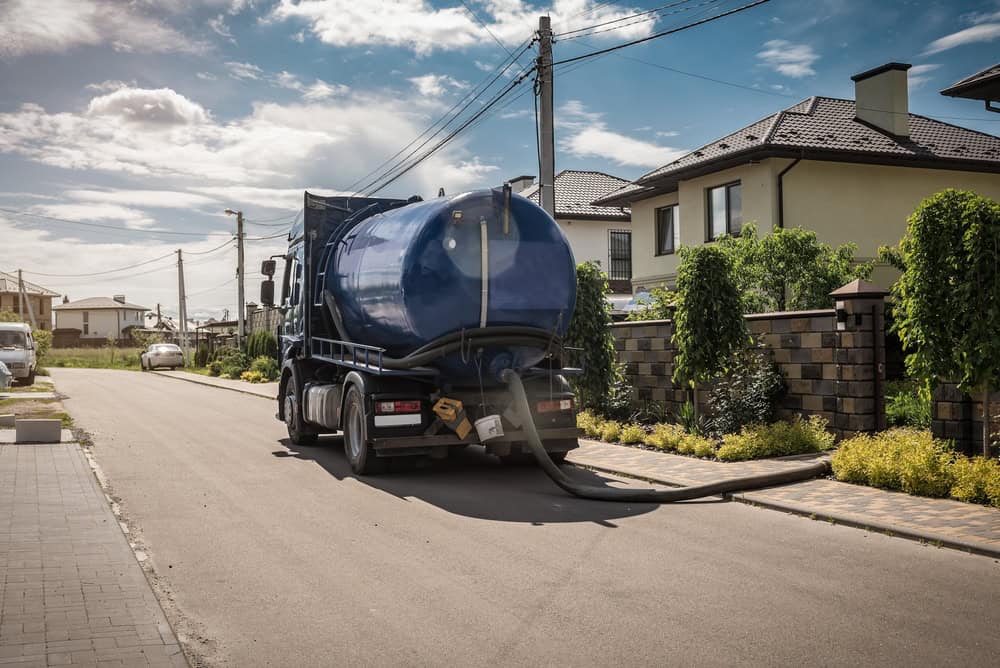
Ready to get started?
Our septic tank pumping service includes complete removal of all accumulated sludge and scum from your tank. We don’t just pump until it looks empty—we ensure thorough cleaning of all tank compartments for optimal system performance.
Every service includes a comprehensive inspection of your tank’s structural condition, baffles, and inlet/outlet pipes. If we spot potential issues, we’ll explain what we found and what it means for your system’s future performance.
You also get proper waste disposal handled according to all local Asharoken and Suffolk County regulations. No shortcuts, no environmental violations—just professional service that protects both your property and the local environment. We clean up completely when finished, leaving your property exactly as we found it.
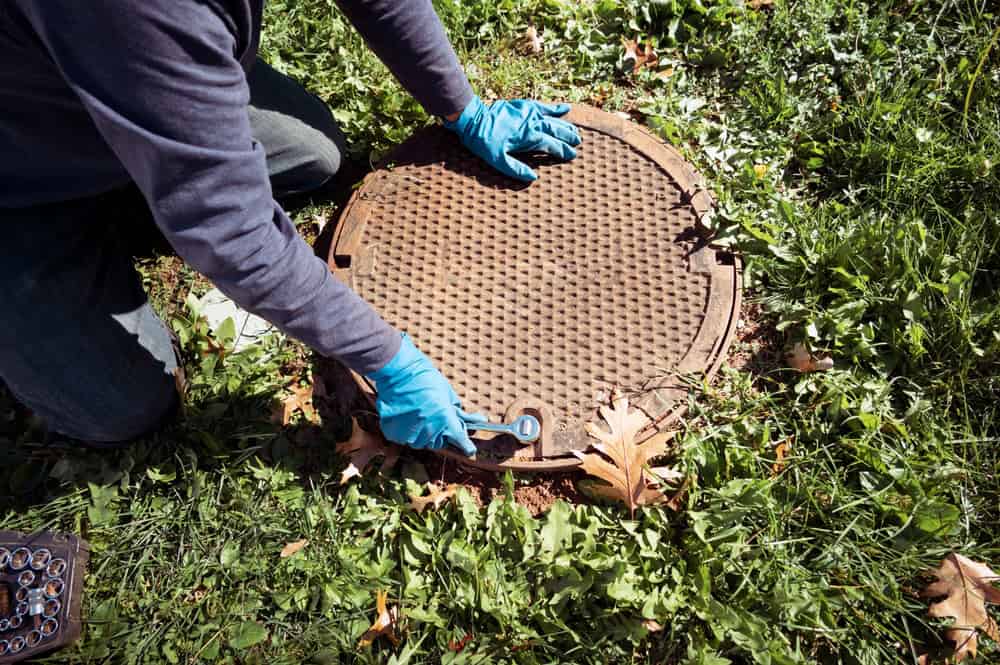
Don’t let cesspool issues disrupt your day. Reach out now for a free estimate and expert service.
©2025 Quality Cesspool All Rights Reserved. SEO Company NYC – Web Design & SEO by Hozio